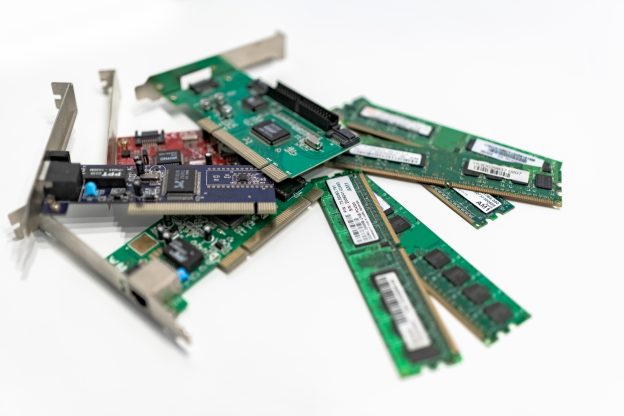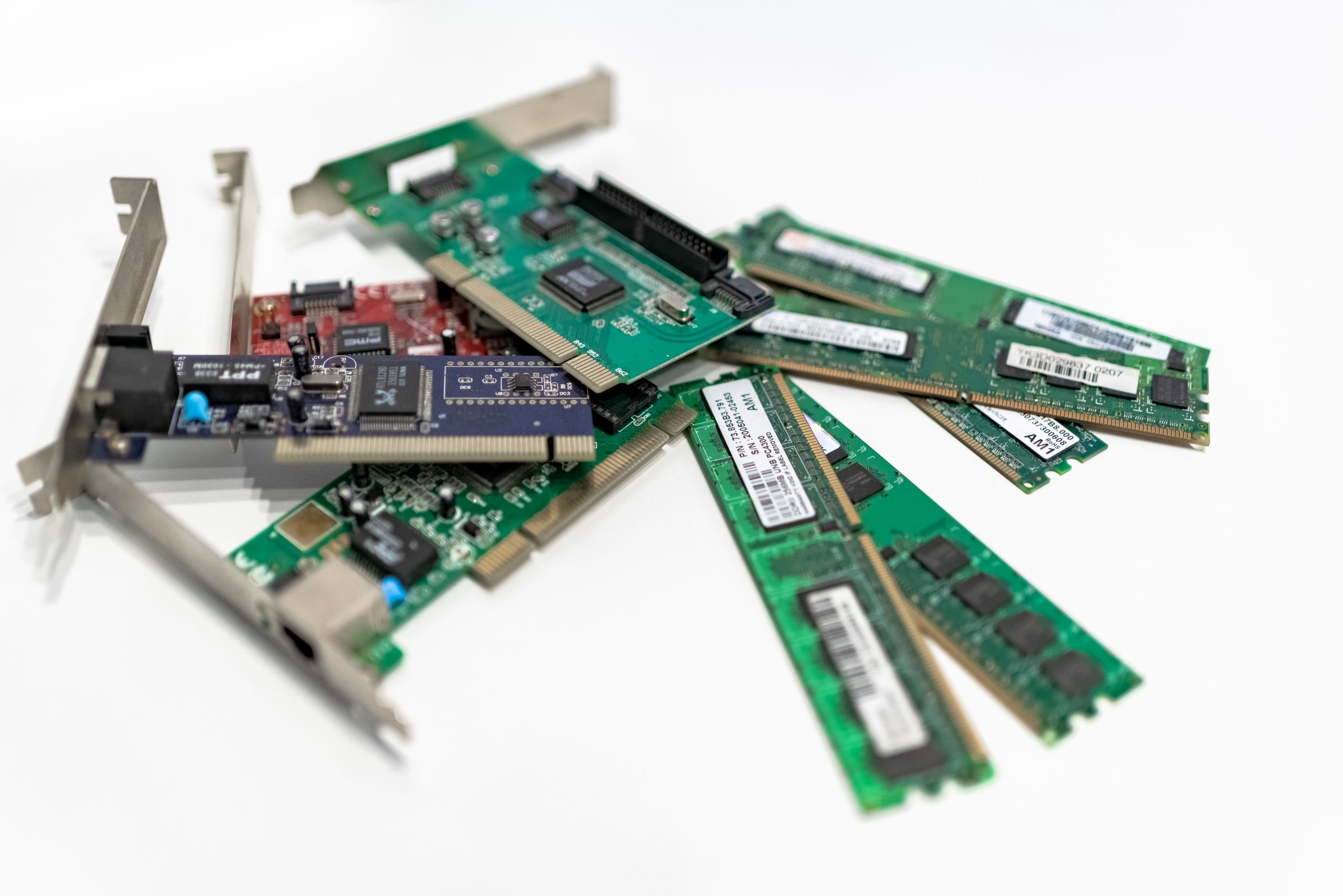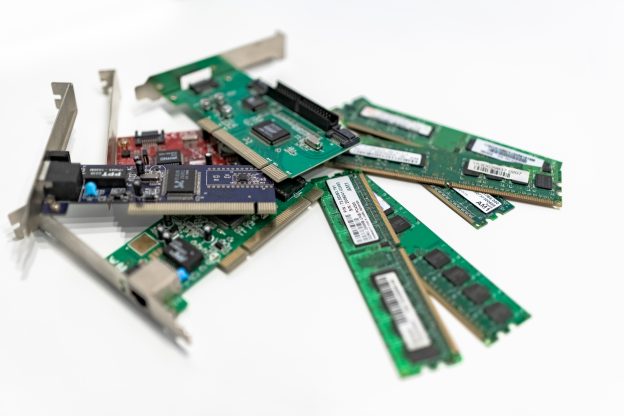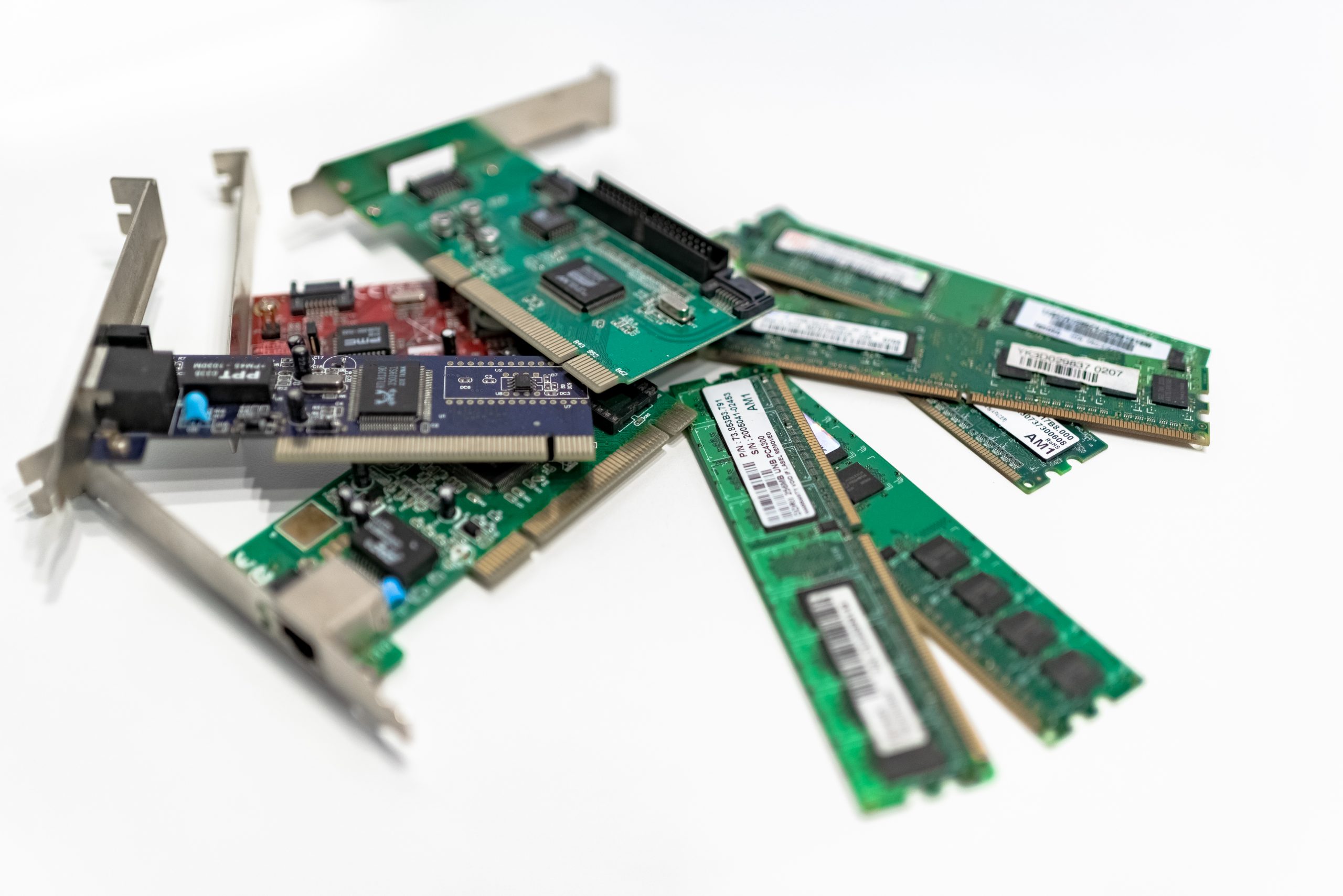In today’s increasingly digitized world, ensuring the security of sensitive financial information is of paramount importance for financial institutions. Achieving PCI compliance, or Payment Card Industry Data Security Standard compliance, is a critical step in protecting both the institution and its clients from potential data breaches and cyber attacks. This article provides an overview of PCI compliance for financial institutions, highlighting its significance, key requirements, and the benefits it offers in safeguarding confidential data. Additionally, we will address common questions surrounding PCI compliance to provide readers with a comprehensive understanding of the topic.
Overview of PCI Compliance
What is PCI Compliance?
PCI compliance refers to the adherence to the Payment Card Industry Data Security Standard (PCI DSS), which is a set of rules and regulations that ensure the security of credit and debit card transactions. It is a comprehensive framework designed to protect cardholder data and minimize the risk of data breaches.
Importance of PCI Compliance for Financial Institutions
For financial institutions, PCI compliance is crucial in maintaining the trust and confidence of both customers and partners. It demonstrates a commitment to data security, reduces the risk of financial loss due to breaches, and helps avoid regulatory penalties. By implementing proper PCI compliance measures, financial institutions can protect sensitive cardholder data and maintain their reputation in the industry.
The PCI DSS Standard
Key Requirements of PCI DSS
PCI DSS consists of several key requirements that financial institutions must comply with. These requirements include building and maintaining a secure network, protecting cardholder data, implementing strong access controls, regularly monitoring and testing networks, and maintaining a strong information security policy.
Scope of PCI DSS
PCI DSS applies to all entities that store, process, or transmit cardholder data. This includes financial institutions such as banks, credit card companies, and payment processors. Compliance with PCI DSS is mandatory for all organizations involved in cardholder data processing, regardless of their size or transaction volume.
Levels of Compliance
PCI DSS categorizes organizations into four levels, based on the number of credit or debit card transactions they handle annually. Level 1 includes organizations that process the highest number of transactions, while Level 4 covers those with the lowest transaction volume. The level of compliance required increases as the organization moves up the levels.

Benefits of PCI Compliance
Protection from Data Breaches
By implementing PCI compliance measures, financial institutions can significantly reduce the risk of data breaches. Compliance standards such as encryption, access controls, and network monitoring help safeguard cardholder data against unauthorized access. This protection helps prevent financial loss, reputational damage, and legal liabilities associated with data breaches.
Enhanced Customer Trust
In the age of increasing cybersecurity threats, customers are more conscious about the security of their personal information. Being PCI compliant assures customers that their cardholder data is being handled responsibly and securely. This builds trust and confidence in the financial institution, attracting more customers and retaining existing ones.
Avoiding Regulatory Penalties
Non-compliance with PCI DSS can lead to severe regulatory penalties and fines. Financial institutions that fail to meet the required standards may face legal consequences, reputational damage, and loss of partnerships. By investing in PCI compliance, organizations can avoid these penalties and ensure the long-term stability and growth of their business.
Setting up a PCI Compliance Program
Forming a Compliance Team
Financial institutions should establish a dedicated compliance team responsible for overseeing and managing the PCI compliance program. This team should consist of knowledgeable individuals who have a thorough understanding of the PCI DSS requirements and can effectively implement and maintain the necessary security measures.
Identifying Compliance Objectives
To ensure successful PCI compliance, financial institutions must clearly define their compliance objectives. This involves identifying and documenting specific goals and milestones related to security controls, risk management, and data protection. By setting clear objectives, institutions can monitor progress and measure the effectiveness of their compliance efforts.
Implementing Security Controls
Financial institutions need to implement a range of security controls to meet PCI DSS requirements. This includes implementing encryption to protect cardholder data in transit and at rest, establishing strong access controls to restrict the unauthorized access to sensitive data, and deploying firewalls and intrusion detection systems to monitor and secure the network.
Risk Assessment and Management
Conducting Regular Risk Assessments
Regular risk assessments are essential for financial institutions to identify vulnerabilities, evaluate the effectiveness of security controls, and mitigate potential risks. These assessments help institutions proactively identify and address any security gaps, ensuring the continuous protection of cardholder data.
Implementing Risk Management Strategies
After conducting risk assessments, financial institutions must implement risk management strategies to address identified vulnerabilities. This may include implementing additional security controls, providing staff training and awareness programs, and regularly reviewing and updating security policies and procedures.
Securing Cardholder Data
Encrypting Data
One of the fundamental requirements of PCI DSS is the encryption of cardholder data. Financial institutions must encrypt sensitive information both in transit and at rest, ensuring that even if accessed by unauthorized individuals, the data remains unreadable and unusable.
Maintaining Strong Access Controls
Implementing strong access controls is crucial in safeguarding cardholder data. Financial institutions should enforce unique user IDs, secure passwords, and two-factor authentication to control access to sensitive information. Additionally, regular user access reviews should be conducted to ensure that access privileges are up to date and limited to authorized individuals.
Implementing Firewalls and Intrusion Detection Systems
Financial institutions must deploy firewalls and intrusion detection systems to monitor and secure their networks. Firewalls help protect against unauthorized access, while intrusion detection systems monitor network traffic for suspicious activities and potential breaches. These security measures assist in the prevention and detection of unauthorized access attempts.

Monitoring and Reporting
Continuous Monitoring of Security Controls
Financial institutions should implement continuous monitoring practices to ensure the effectiveness of their security controls. This involves regularly reviewing system logs, conducting vulnerability scans, and analyzing network traffic to proactively detect and respond to any potential security incidents.
Maintaining Audit Logs and Monitoring
Maintaining detailed audit logs is an essential component of PCI compliance. Financial institutions should record and retain logs of all system and network activities to aid in the detection and investigation of security incidents. Regularly monitoring these logs allows institutions to identify and respond to any suspicious activities promptly.
Generating and Submitting Compliance Reports
Financial institutions are required to generate and submit compliance reports to demonstrate their adherence to PCI DSS. These reports provide evidence that necessary security controls are in place and operational. Compliance reports are often required during audits or as requested by card brands and other stakeholders.
Third-Party Service Providers
Evaluating Service Providers
When engaging third-party service providers, financial institutions must ensure their compliance with PCI DSS. Institutions should thoroughly evaluate potential service providers’ security practices, certifications, and track record. Written agreements should be in place to clearly define the responsibilities and expectations regarding the protection of cardholder data.
Ensuring Compliance of Service Providers
Financial institutions must regularly review and assess the compliance of their third-party service providers. This includes conducting audits, requesting compliance reports, and ensuring service providers maintain ongoing adherence to PCI DSS. Institutions must have appropriate contractual and monitoring mechanisms in place to enforce compliance with security standards.

Incident Response and Breach Notification
Developing an Incident Response Plan
Financial institutions need to develop a comprehensive incident response plan to handle potential security breaches effectively. This plan should define roles and responsibilities, establish communication channels, and outline the steps to be taken in the event of a security incident. Regular training and simulations can help ensure the effectiveness of the incident response plan.
Timely Breach Notification to Relevant Parties
In the event of a data breach, financial institutions must promptly notify relevant parties, including affected customers, payment card brands, and regulatory authorities. Timely breach notification is crucial to mitigate potential damages, protect customer interests, and comply with legal requirements. The incident response plan should include clear procedures for breach notification.
Frequently Asked Questions
What are the consequences of non-compliance with PCI DSS?
Non-compliance with PCI DSS can result in severe consequences for financial institutions. These consequences may include hefty fines, legal penalties, loss of reputation and customer trust, increased risk of data breaches, and potential termination of partnerships with card brands or payment processors.
Does PCI compliance guarantee full protection against data breaches?
While PCI compliance significantly reduces the risk of data breaches, it does not guarantee full protection. Compliance with PCI DSS provides a strong foundation for data security, but organizations must continually assess and improve their security measures to stay ahead of emerging threats and vulnerabilities.
What are the costs associated with implementing PCI compliance measures?
The costs associated with implementing PCI compliance measures vary depending on several factors, such as the size and complexity of the institution, the scope of cardholder data processing, and the existing security infrastructure. Costs may include investments in technology, staff training, security audits, and ongoing maintenance.
Do small financial institutions need to comply with PCI DSS?
Yes, irrespective of their size, all financial institutions that handle cardholder data need to comply with PCI DSS. Compliance requirements are designed to protect sensitive information and ensure the security of cardholder data, regardless of the institution’s size or transaction volume.
How often should a financial institution update its PCI compliance measures?
PCI compliance measures should be regularly reviewed and updated to keep pace with evolving threats and changing business practices. Financial institutions should stay informed about the latest updates to the PCI DSS framework and assess their compliance measures at least annually or whenever significant changes occur in their operations or infrastructure.



































